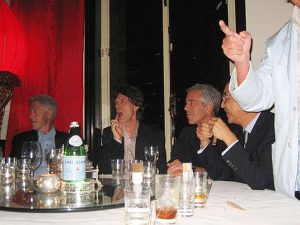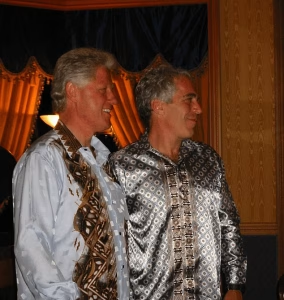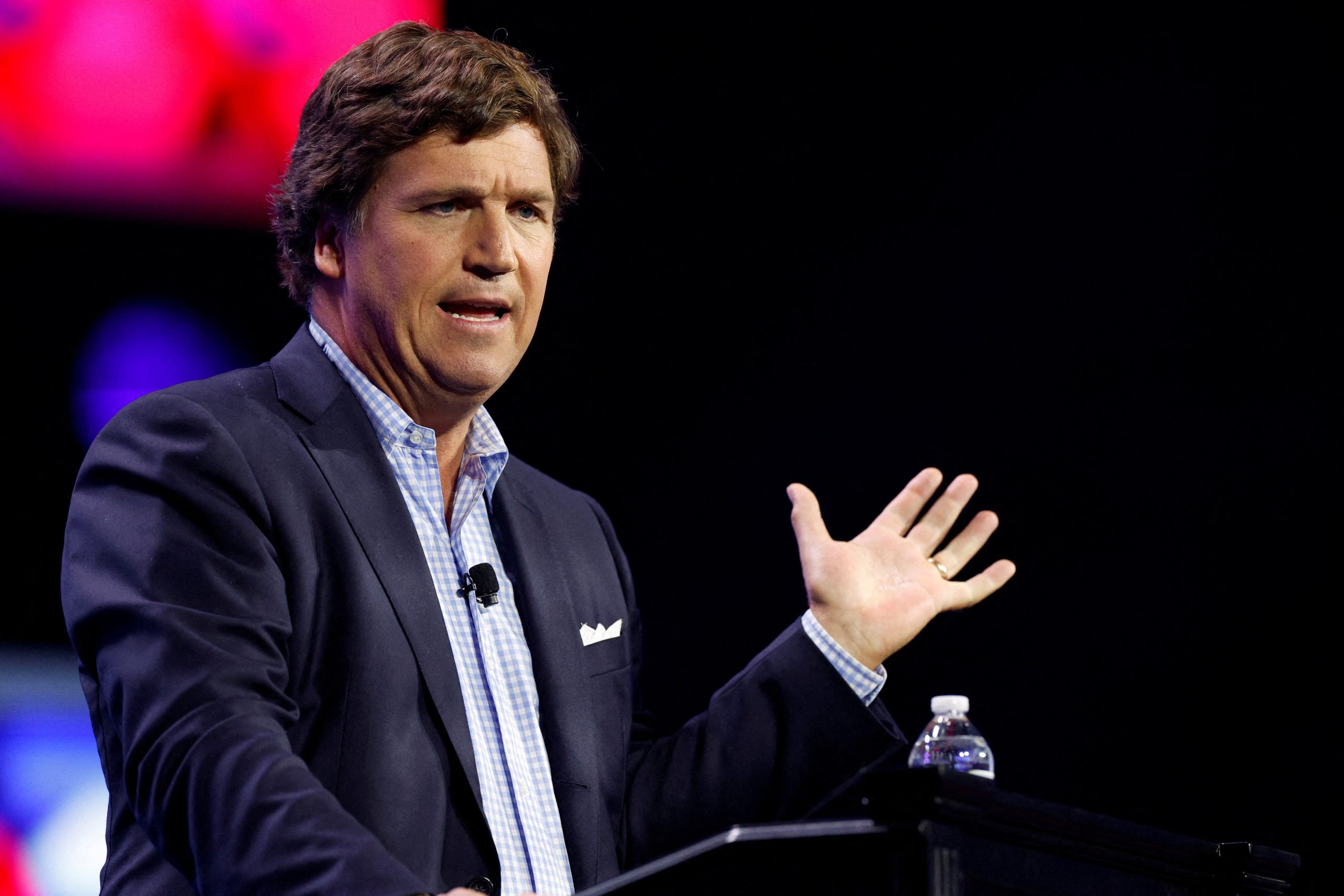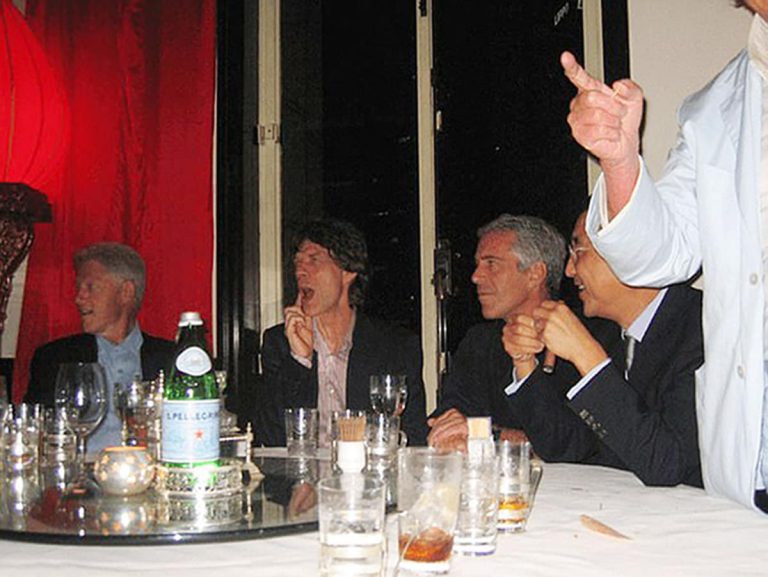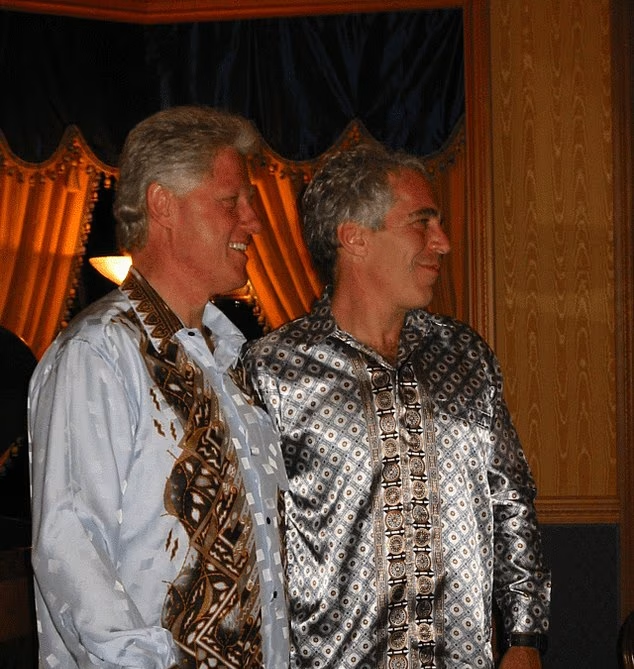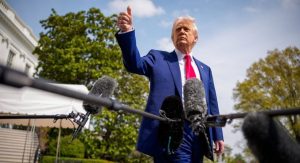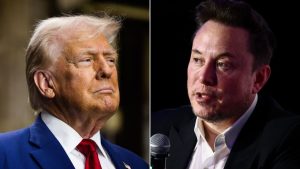In a provocative appearance on The Tucker Carlson Show, former CIA officer and whistleblower John Kiriakou raised alarms about the enduring influence of career intelligence officials within the U.S. government. Speaking to host Tucker Carlson, Kiriakou outlined how long-serving employees at the CIA can quietly resist or even undermine the directives of elected presidents—exposing what he sees as a long-standing imbalance of power within the federal government.
Kiriakou, who served in the CIA from 1990 until 2004, made headlines in 2007 when he became the first U.S. official to publicly confirm the use of waterboarding—a form of enhanced interrogation—by the CIA. His revelations ignited national debate about torture, ethics, and the role of intelligence agencies in American democracy. In 2012, he was convicted for leaking classified information and served a 30-month prison sentence.
Now, years later, Kiriakou is once again in the spotlight, warning that the CIA and other intelligence agencies can function autonomously, often irrespective of presidential oversight.
“Presidents come and go every four years, every eight years,” Kiriakou said. “But these CIA people, they’re there for 25, 30, 35 years. They don’t go anywhere. So if they don’t like a president or if a president orders them to do something that they don’t want to do, they just wait. They know they can wait him out.”
The idea that entrenched federal bureaucracies can outlast and resist elected leaders is commonly associated with the concept of the “deep state”—a term that has grown more prominent in recent years, particularly during and after Donald Trump’s presidency. Critics of the intelligence and law enforcement apparatus argue that the so-called deep state includes unelected officials who use their institutional power to shape or obstruct policy decisions without public accountability.
Carlson, co-founder of the Daily Caller News Foundation and former Fox News host, probed Kiriakou on this dynamic, noting that the official organizational chart shows the president atop the intelligence community. “But you’re describing a situation,” Carlson said, “where the CIA kind of controls the president.”
Kiriakou didn’t deny it. He responded that intelligence agencies often follow their own internal agendas, shaped by long-standing relationships, entrenched policies, and internal politics. He further implied that when presidents attempt to reform these institutions, their efforts are frequently resisted or neutralized over time.
During his second term in office, President Donald Trump signed an executive order intended to curb what he described as the political weaponization of federal agencies, including the CIA and FBI. The order accused elements within these organizations of abusing their powers and called for structural reforms. Whether that executive order resulted in lasting changes remains a subject of debate.
Supporters of Kiriakou argue that his experience reveals systemic flaws in U.S. intelligence oversight. Critics, however, warn that framing the intelligence community as a shadow government feeds conspiracy theories and distrust in public institutions.
Still, Kiriakou’s comments underscore a persistent concern in American politics: How much control do elected officials really have over the sprawling and powerful national security state? And who holds that state accountable when presidents no longer can?

James Jenkins is a celebrated Pulitzer Prize-winning author whose work has reshaped the way readers think about social justice and human rights in America. Raised in Atlanta, Georgia, James grew up in a community that instilled in him both resilience and a strong sense of responsibility toward others. After studying political science and creative writing at Howard University, he worked as a journalist covering civil rights issues before dedicating himself fully to fiction. His novels are known for their sharp, empathetic portraits of marginalized communities and for weaving personal stories with broader political realities. Jenkins’s breakout novel, Shadows of Freedom, won national acclaim for its unflinching look at systemic inequality, while his more recent works explore themes of identity, resilience, and the fight for dignity in the face of oppression. Beyond his novels, James is an active public speaker, lecturing at universities and participating in nonprofit initiatives that support literacy and community empowerment. He believes that storytelling is a way to preserve history and inspire change. When not writing, James enjoys jazz music, mentoring young writers, and traveling with his family to explore cultures and stories around the world.
